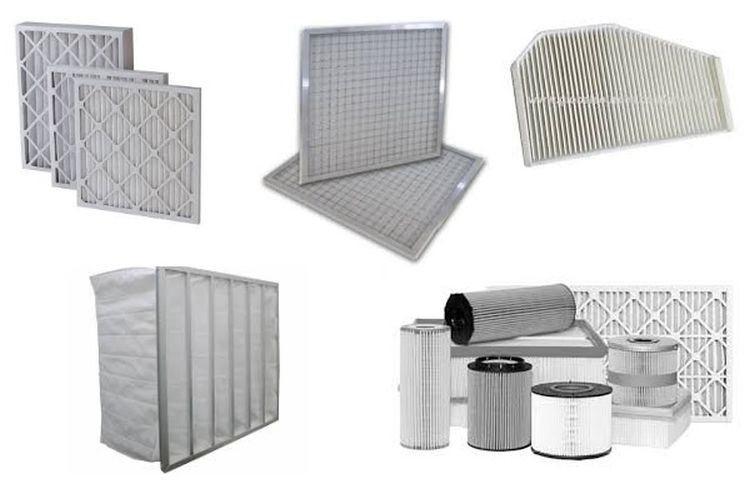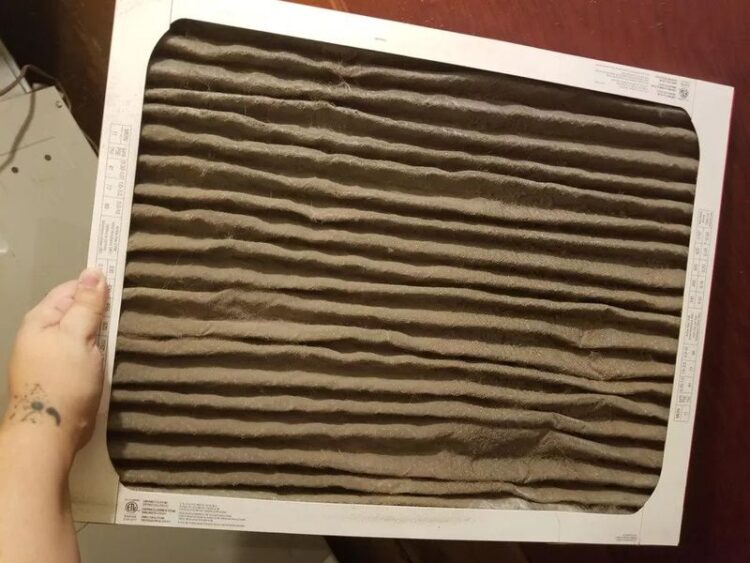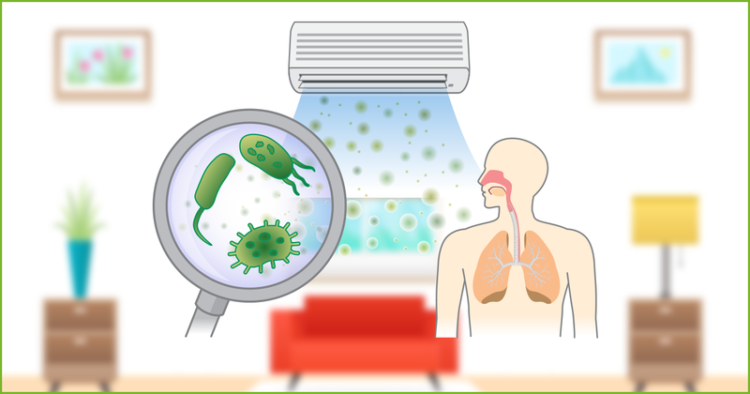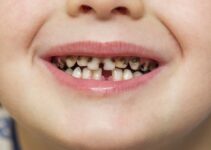People not only want to enjoy their vitality, but they also want to make decisions that won’t shorten their lifespan. So naturally, people think about all the things that negatively affect their health and how to improve them. They go to the gym to keep their body in shape and get preventative care or undergo tests to ensure that they are maintaining their health. And now, more than ever, people are thinking about ways to improve their lung health and prevent themselves from succumbing to respiratory diseases, such as the novel coronavirus COVID-19.
Decades ago, people didn’t think about indoor air quality. Looking at a history of air pollution in the United States and the prevalence of air conditioning units, the two went unchecked for a long time until activists and homeowners demanded that they are protected from breathing in toxic chemicals. And in fact, the Environmental Protection Agency has reported on research that showed that indoor air quality was often poorer than the air quality outside.
Page Contents
History Of Indoor Air Quality Improvement

source:foobot.io
Before air-conditioning units were a lot more prevalent in homes, people didn’t like to spend as much time inside. Keep in mind that the time period coincided with not having televisions. However, as more people began to own homes with a television set and air-conditioning system, it became easier for the family to stay inside for longer periods of the day, and it was a lot more comfortable than being outside. And since it was so comfortable, you could invite guests over for dinner parties. Air conditioning revolutionized home life and entertainment.
Air conditioner systems were available in the early 1930s but were quite expensive, and thus a lot of people didn’t want to buy them. But by the late 1960s, most new homes that were being constructed had central air conditioning. Also, window air conditioners were extremely affordable, which allowed for population booms in hot states like Florida and Arizona. The surgeon general did not come out with warnings on cigarette packages until the early 1960s, and until recent decades smoking indoors was considered an acceptable practice. All of these social and cultural changes that went along with improvements in technology affected the quality of air in people’s homes.
In your home, you do a lot of things. You cook, use aerosols such as cooking sprays or hairsprays or maybe burn incense or candles. Indoor pollutants can release gases or particles in the air that cause indoor air quality problems. Anytime you cook, including using toasters or toaster ovens, you are introducing chemicals into the air. Candles, perfumes, and other aromatic substances can also collect in the air and be considered pollutants, even if their smells are pleasant.
Ventilation allows enough outdoor air to dilute the indoor air and to carry the pollutants out of the home. While HEPA filters were invented in the 1940s for use in the war, they were initially made with asbestos, which was later found to be the cause of mesothelioma and other fatal illnesses. But in later decades, HEPA filters were found to be useful in hospitals and other clean rooms to prevent the spread of germs.
Now air conditioner and furnace filters are found in every residential system after consumers demanded better air quality. What’s important is to ensure that you are using the right kind of filter for your unit. If you don’t use the right one or change it at the right time, you could be wasting money and energy.
Types of Air Filters

source:quinnaircolorado.com
There are a few different types of filters:
- Fiberglass filters
- Pleated filters
- High-efficiency particulate arrestance (HEPA) filters
- Washable air filters
The fiberglass filters are the least efficient at eliminating particles but are still about 33% more effective than no filter at all at blocking viruses such as measles, influenza, rhinoviruses, and coronaviruses. Pleated filters are folded, which creates a tight barrier that particles can get trapped in. But the strongest filters are HEPA filters from Filter King.
Filters are given a Minimum Efficiency Reporting Value or MERV rating. Filters with a rating between 17 and 20 are best to be used in hospitals. The reason is that the better the filter, the harder it is for anything to pass through, including the air itself. Hospitals and operating rooms are designed with specialized HVAC systems to allow them to use powerful filters while still maintaining good airflow. Most residential homes, however, don’t have this kind of system, as it is generally very expensive and is overkill for most homes.
How Often You Should Change Your Filters

source:cnet.comв
The answer to this question will depend on the size of your living space, health, and whether or not you want to save on energy. If you want to maximize airflow and don’t have allergies, then you can replace a fiberglass filter every six months. Apartment air filters can also be replaced every six months. If you have pets then you will want to change them every two to three months. If you have allergies then you will want to get the right kind of filter for your, and change it every 30 to 60 days.
If you do not change them then you risk ruining your HVAC system, so do be diligent about it. As particles collect on the filter, they continue to block air, which means that your unit has to work much harder to maintain the temperature you want. This can eventually lead the system to freeze or develop other problems. It’s far less expensive to just change the filter and schedule an annual maintenance check.
Indoor Air Pollution Effects

source:omnihospitals.in
Indoor air pollution can lead to experiencing mild discomfort to extreme symptoms including but not limited to:
- Headaches
- Respiratory problems such as chronic cough, frequent colds or sore throat
- Skin or eye irritation
- Psychological issues such as fatigue, issues with memory or dizziness
These are all short-term effects that are typically alleviated once the chemicals or pollutants are gone. But there are long-term effects of not living in a properly-ventilated space. In some cases, people are known to eventually develop asthma, chronic respiratory infections or problems, and skin irritations. So change your filters — your health depends on it!





